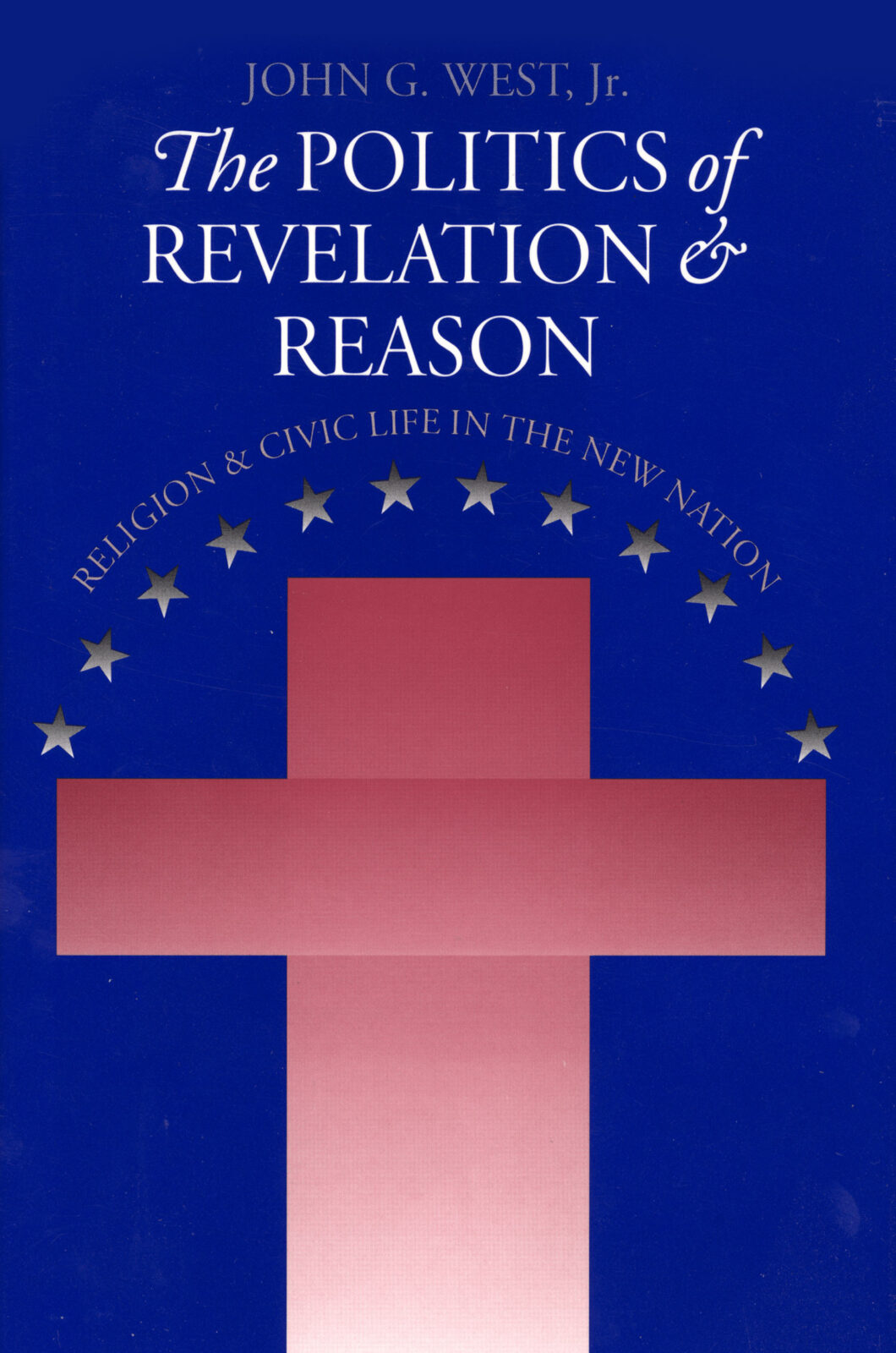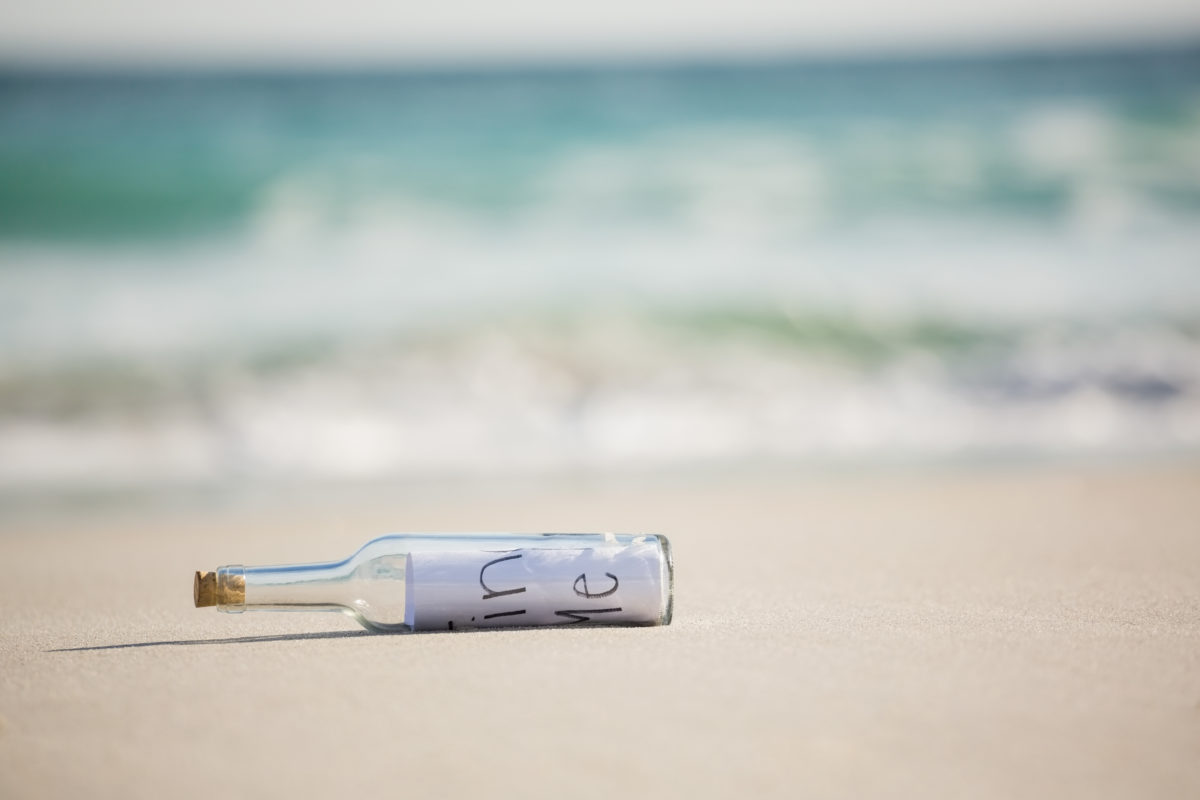


DNA: The Message in the Message
The Future of Defense
A Beltway commission is not without honor. Save perhaps among those whose activities it’s trying to reform. Whatever else can be said about America’s post-Cold War defense dilemmas, they’ve spawned no shortage of official studies. BFS, BUR, CORM, QDR I, NDP, NSSG, QDR II . . . all adding up to a fine example of the Military Law of Inverse Read More ›
Preventing a Catastrophe in Cascadia
William D. Ruckelshaus is a Board Member of Discovery Institute and serves as the chairman of the Washington State Salmon Recovery Funding Board, to which position he was appointed by Gov. Gary Locke. He served twice as Administrator of the U.S. Environmental Protection Agency, was Deputy Attorney General of the U.S. Department of Justice, a Senior Vice President of Weyerhaeuser Read More ›
SR 520 and the long-term effects of doing nothing
Creationism v. Evolution: Will Religion or Science Prevail?
Since the days of the Scopes' Monkey Trial, the debate over teaching evolution has captivated the nation. Recently, several states have passed laws that require evolution to be taught as theory not fact and some schools have even taken evolution out of the science curriculum. Should teachers be allowed to challenge Darwin's theories about the origins of the world in science class? Or
is the introduction of criticism of evolution just the latest attempt to
substitute religion for science education? Join us for a discussion of
evolution, creationism, intelligent design and a debate over the U.S. Constitution's call for a separation of Church and State.
The Robot Rebellion of Richard Dawkins
British biologist Richard Dawkins’s latest book, Unweaving the Rainbow, is a set of chapters loosely connected around the theme of rebutting a poem by Keats, whose message was that “cold philosophy” spoils the charm of things like the rainbow by reducing them to physical causes. Dawkins responds, defensively but not unreasonably, that science has its own charms for those who Read More ›